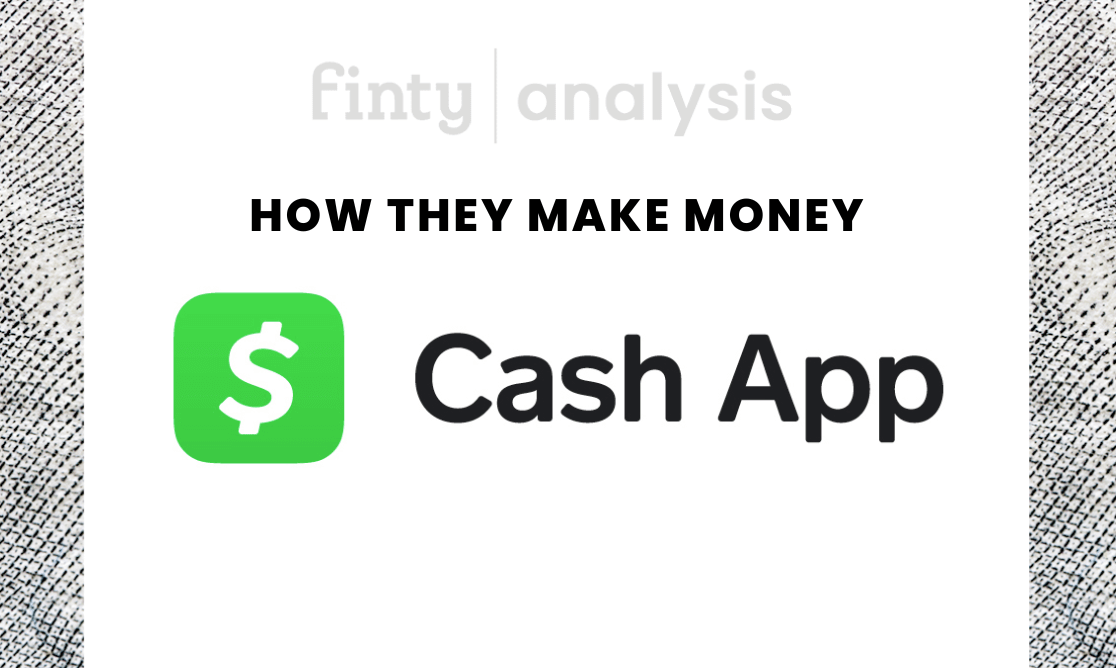From splitting the tab at brunch to transferring Bitcoin, Cash App has become the go-to platform for many Americans.
Join us as we unravel the intricacies of Cash App's business model, peering into its core functions, unmasking its revenue streams, and catching a glimpse of what the future holds for this juggernaut of the fintech realm.

Coming up next
What does Cash App do?
Cash App's core business functions include money transfers, Bitcoin transactions, and making paying (and splitting) bills easy.
- Money transfers. Users can send and receive money to and from other Cash App users.
- Bitcoin trading. Users can buy, sell, and transfer Bitcoin through the app.
- Bill payments. Users can pay bills using their linked debit card through the app.
How does Cash App work?
Cash App is a peer-to-peer mobile payment app that allows users to transfer money to friends and family, buy and sell Bitcoin, and pay bills.
Users must create an account and link a debit card to use the app. Transactions are processed instantly, and users can track their transaction history in real time.
How Cash App makes money
Cash App makes money by charging fees for instant deposits, Bitcoin transactions, fees levied on cash cards, and its Boost Loyalty Program.
Fees for instant deposits
Cash App charges a 1.5% fee for instant deposits to a user's debit card.
Bitcoin transactions
Cash App charges a 1.76% fee for buying and selling Bitcoin through the app. (Note that there are many Bitcoin exchanges with more competitive fees than Cash App.)
Cash card fees
Cash App offers a debit card called "Cash Card" to users. The card is linked to the user's Cash App account and can be used to purchase or withdraw cash from ATMs.
Users can customize the card with a unique design, and Cash App earns revenue from the fees merchants pay to process transactions made with the card.
Boosts
Cash App offers a loyalty program called "Boosts" that rewards users for using the app to make purchases at specific merchants. Cash App earns revenue from the merchants who participate in the program.
Future growth engine
Cash App's future growth prospects are promising as the company expands its services and customer base. The company is focused on developing the capabilities of its app, including introducing new features such as direct deposit and stock trading.
Since the app only works for users in the USA and UK, international expansion is clearly a significant opportunity. Other apps with similar functionality have already shown it is possible — and profitable.
Competitors
There are myriad competitors and alternatives to Cash App.
- PayPal. A global leader in digital payments, PayPal allows users to send and receive money, make purchases, and pay bills through its app and website.
- Venmo. A mobile payment app owned by PayPal, Venmo is popular among younger users and is often used for person-to-person payments.
- Zelle. A mobile payment app offered by a consortium of central US banks that allows users to send and receive money from other Zelle users.
- Square Cash. A mobile payment app developed by Square, Square Cash allows users to send and receive money, make purchases, and pay bills through its app and website.
- Revolut. A digital bank offering a range of financial services, including multi-currency accounts, money transfers, cryptocurrency trading, and budgeting tools in an app.

